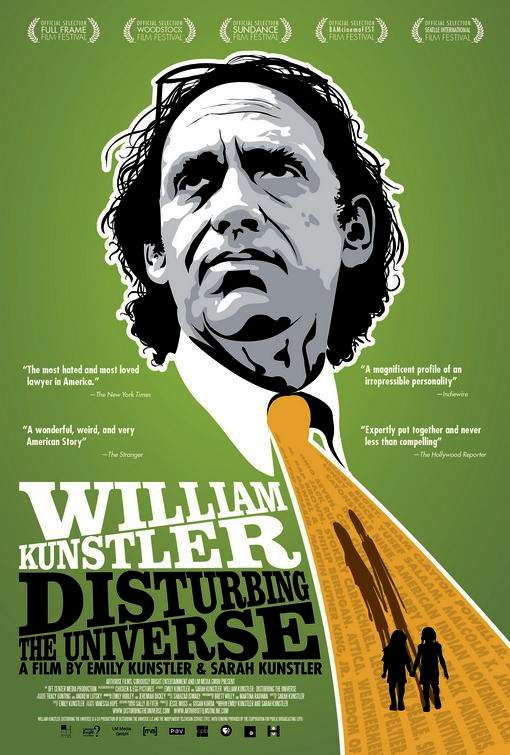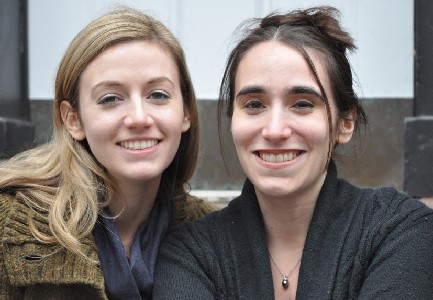Podcast: Play in new window | Download
Updates:
- Update on Lynne Stewart’s case – Order to surrender.
- Michael Smith Review: The Assassination of Fred Hampton
—-
Economic Policy, Health Care and Historic Models: Professor John Ehrenberg
There are two US wars raging, unemployment has rocketed, and the US military has reported the highest number of recruits since 1973. Right now, there are 67 thousand US troops in Afghanistan, and 119 thousand in Iraq. The laws, practices and policy of the Bush Administration are still in place, that push the country dangerously further into a police state. We’ve recently watched the military attack civilians with sonic weapons in Pittsburgh, and the US Justice Department recently admitted to working with AT&T to spy on its citizens. Can any model of democracy work under these conditions and what are the similar historic narratives of where the United States is at now?
- My part of the panel was Marx’s political journalism from the 1840s when he’s talking about France.
- He’s observing the class struggle and revolution in France. How a dysfunctional political system was incapable of dealing with objective needs.
- Comparing where we are today, specifically health care, the president says if we don’t address this we will bankrupt the states
- One of the major drivers of the collapse of auto industry is the cost of health care.
- The political apparatus is so dysfunctional and paralyzed, and so beholden to a particular set of “special interests” that it can’t move forward.
- This is only the first of several instances that are coming down the road
- Another part of this is structural in the part of the system. This system was consciously designed to allow special interest to penetrate the political apparatus. Structured so that it is way more difficult to get anything done, anything comprehensive, than it is to block reform.
- The history of the country is filled with failed attempts to pass anything comprehensive. So it has made pieces of the state to be almost colonized by these special interests. Obama has big plans, but they’re systemic, trying to change an entrenched system. Unlike FDR who came into office as a tinkerer.
- It’s more than the role of the republican party, its bigger, the Republican party is shrunken into this southern male, undereducated white Christian.
- Elections don’t settle anything, they give a sense of the mood of the country but 65 percent of the country when polled wanted a public option, and we ain’t going to get it!
- We look to Obama to mobilize and he ain’t gonna do it. We have a structural crisis.
- The official structures of the state are increasingly unresponsive, political polarization.
- Political polarization is almost in direct proportion to levels of economic inequality.
- The more unequal in distribution of wealth, the more polarized and institutional dysfunction. Since 1980 Congress hasn’t gotten anything important done.
- We are the most unequal advanced country on the planet.
- It doesn’t matter what the president wants, there are these deep structures in the state that impose their imperatives on elected political leaders.
- Nobel Peace Prize not given to Obama but really to the American voter.
Guest – John Ehrenberg, author of Servants of Wealth, The Rights Assault on Economic Justice, he’s also professor of political science at Long Island University.
————–
William Kunstler: Disturbing the Universe
We are excited to welcome Sarah and Emily Kunstler, daughters of the late radical civil rights lawyer William Kunstler, and the directors of a biographical documentary about their father, titled William Kunstler: Disturbing the Universe. The movie has been described as a sensitive, truthful and insightful film about a man who stood at the center of a confrontational movement and became the public spokesperson for communities standing up to injustice. The story of this radical attorney is told by his daughters in an intimate narrative, from the Chicago 7 to the Attica trials, then the American Indian Movement’s occupation of Wounded Knee. By this time Bill Kunstler was famous. He later polarized the people by starting to choose high profile cases. He defended Mafia boss John Gotti, and Omar Abdel-Rahman for the 1993 World Trade Center bombing. We are grateful to have a comprehensive personal history of this great man, friend, mentor and colleague preserved now in this film. Click here for screenings
Emily and Sarah:
- This is Emily, Sarah and I worked on this for 4 years but we think about it as if we started in our infancy. Really 30 years. We’ve been collecting footage and materials since we were children.
- Emily and I when we were children, when he was representing El-Said Nosir, when he was representing Larry Davis or Yusef Salem, one of the Central Park jogger defendants.
- We felt that he had a choice and we couldn’t understand why he was choosing those cases.
- He could have aligned himself with anybody, why did he want to stand next to people who were accused of such horrible crimes?
- We would answer the phone and people would say nasty things. My Dad had bullets sent to him in the mail.
- His work were our bedtime stories, he was a comic book hero to us.
- I don’t think he thought that he was inconsistent, it was the people around him that thought he was inconsistent.
- Our father thought that to align himself with the most unpopular people in society was important civil rights work because those were the moments where people’s civil rights were most likely to be violated.
- I think a defining moment for Emily and I was when we went to Tulia, Texas and made a documentary about a drug bust that netted over 20 percent of the African American population of a small town.
- By sharing that documentary with world, that’s when Emily and I understood documentary film as a tool for social justice.
- The title comes from the love song of J. Alfred Prufrock. The protagonist of that poem is struggling with action, whether or not to take action. Do I dare, Do I dare disturb the universe? Do I dare eat a peach?
- Do I rise up and do something or do I quietly go about and do normal things?
- For our father, he was obsessed with that moment. He thought everyone was faced with that moment to stand up and take principled action or do nothing.
- We saw him go out on the front stoop of our house and hold press conferences.
- It’s about Bill’s transformation, it’s about our transformation. It’s about people being transformed having witnessed government power and oppression.
- Dad really believed in people’s humanity and that goes to the heart of the criminal justice system, in the jury system.
- It was frightening for us to share the film with the world. The first 10 times we sat with the audience clenched our fists, couldn’t even look.
Guests – Emily and Sarah Kunstler, producers and directors who run the Off Center Media production company. Emily, a film major and former video producer for Democracy Now, and Sarah, a criminal defense attorney practicing in the Eastern and Southern districts of New York. They recently won the L’Oreal Women of Worth Vision Award at the 2009 Sundance Film Festival and the Special Jury Prize for Best New Filmmakers at the Traverse City Film Festival.
———————————————–

